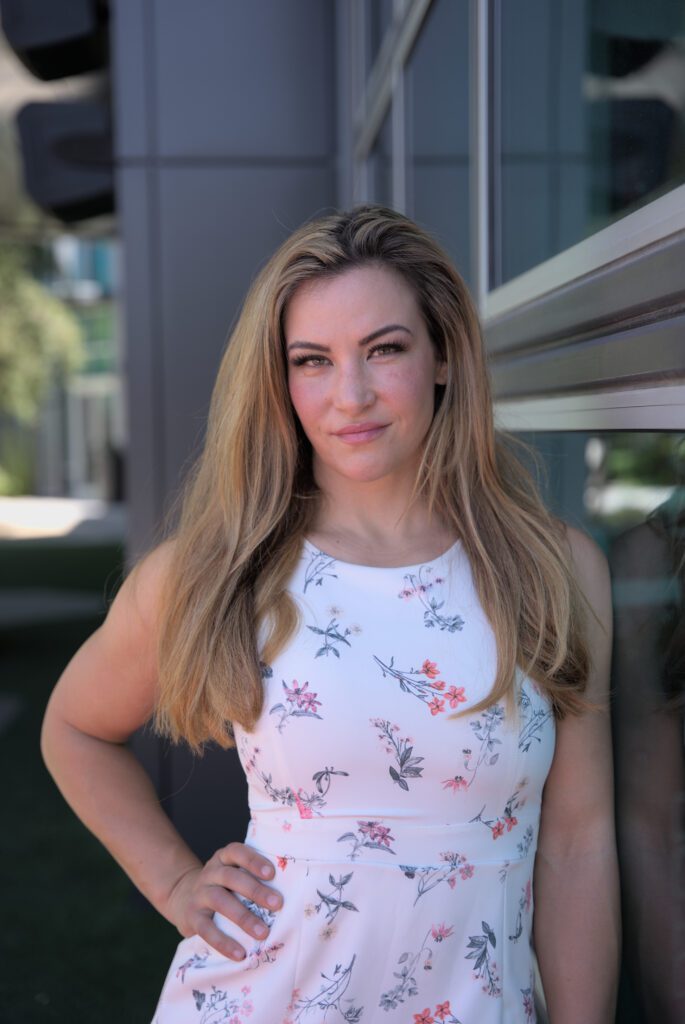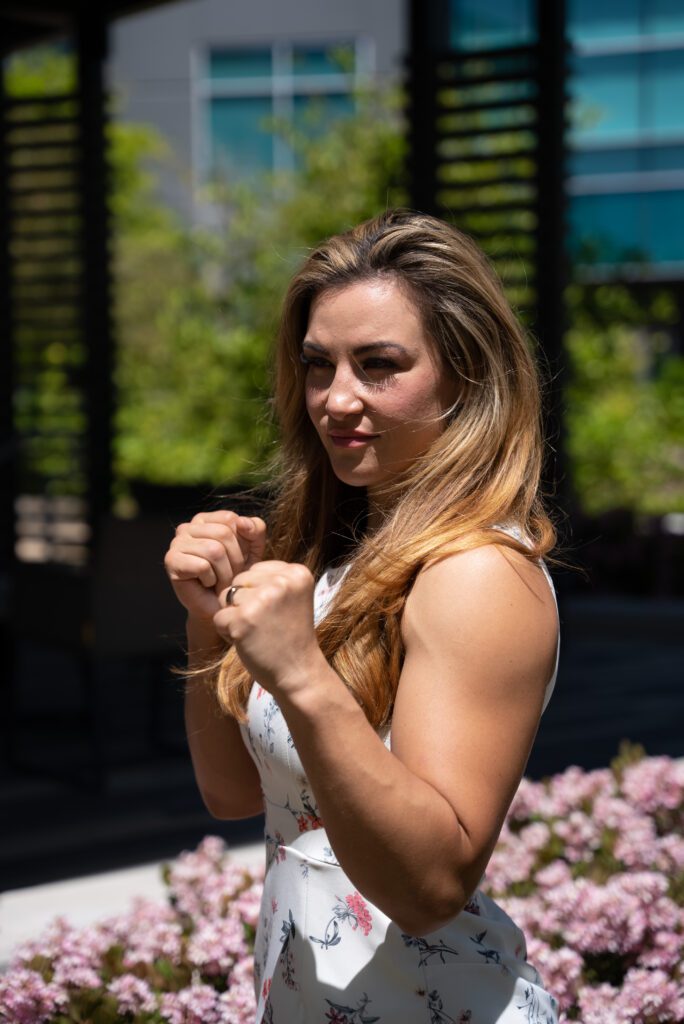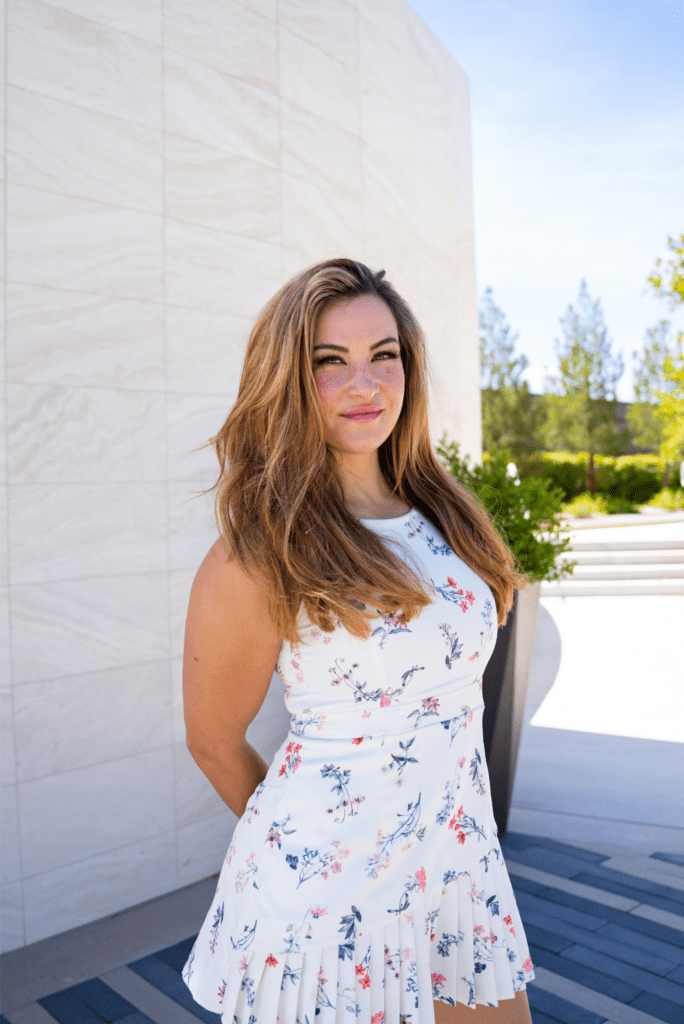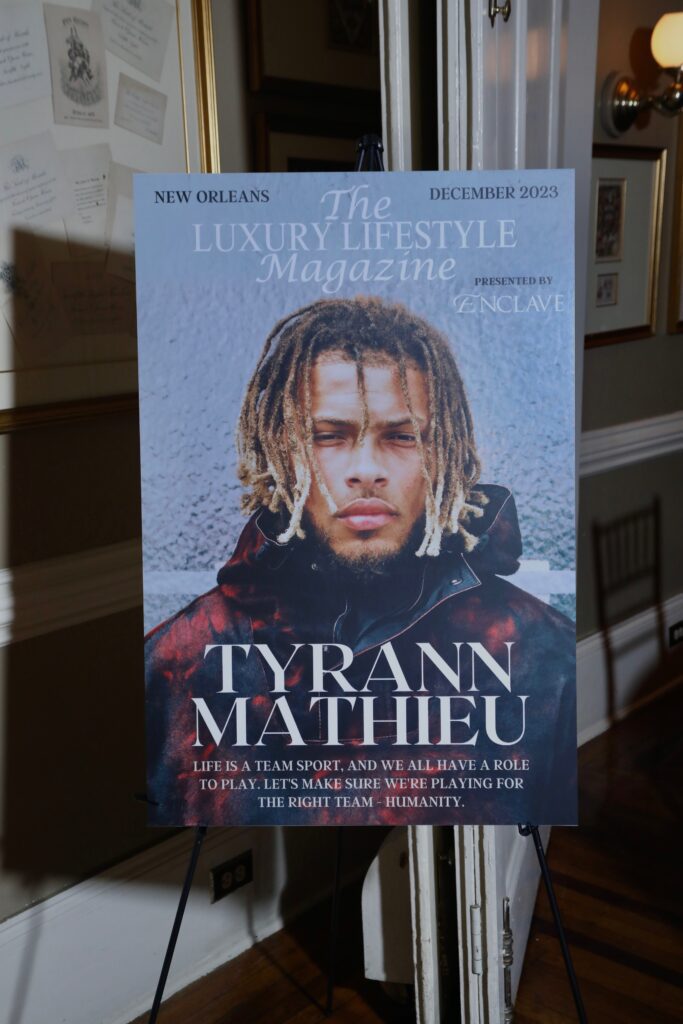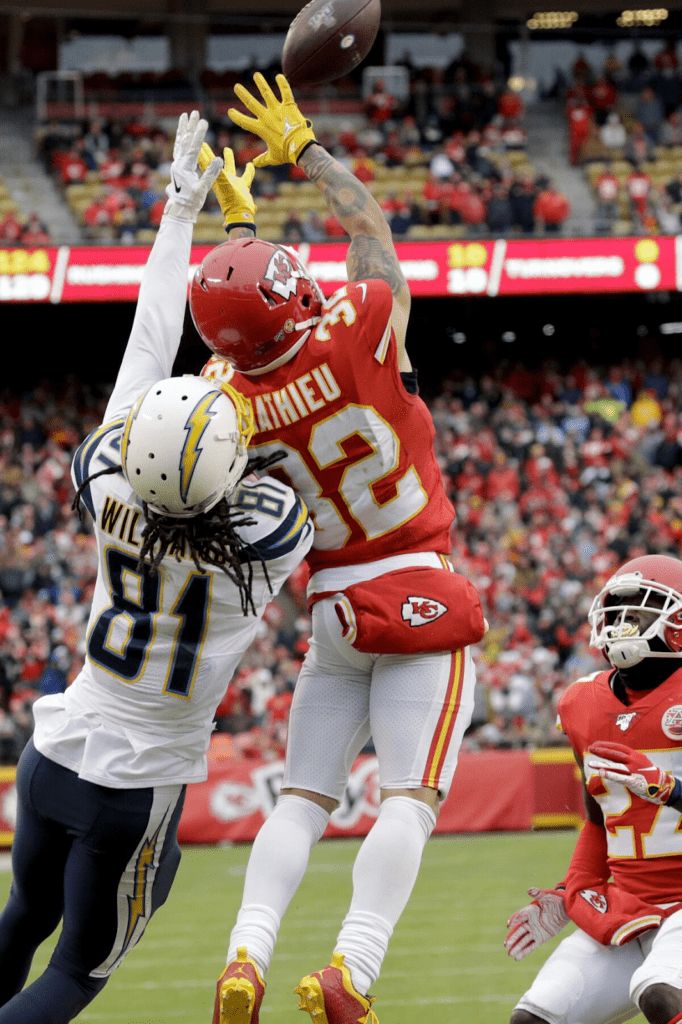Miesha Tate is a power in polarity. The former UFC Women’s Bantamweight Champion has been bisecting the martial arts arena since 2006 when she transitioned from wrestling to MMA while attending Central Washington University. The Tacoma-native introduced a unique swirl of combat in the cage and earned the nickname “Cupcake”. Many viewed this as a tipping of the cap by contenders and comrades alike to her grounded and sweet disposition off the mat. Since her official induction into UFC in 2013, Tate has redefined what it means to win on your own terms. She goes beyond the Octagon in competition now having won season three of CBS’s “Celebrity Big Brother”. She wouldn’t stop there though, she’s also a business owner, motivational speaker and behavior change coach all while raising two children. It’s safe to say she has been busy for a decade plus, turning mixed martial arts into a dance of dynamic contrasts that continue to compel and question how physical strength relies on a balanced mind, body, and soul.
At first glance, Tate nullifies the archetype typically associated with fighters; in layman’s terms, she isn’t scary looking. In fact, Tate carries herself with delicate assertion and a sturdy sense of belonging that isn’t forced. She speaks with certainty, and her thoughts are careful, measured, and deliberate. It’s easy to forget that Tate, alongside her rival Ronda Rousey, is responsible for bringing women’s MMA into the spotlight, given her seemingly domestic life outside of the ring. It was Tate who, in 2013, fought against Rousey in a rematch at UFC Fight 168 on the heels of coaching the Ultimate Fighter 17. This brought widespread attention to female fighters in all corners of MMA, Tate being one of two in the fight for representation in the UFC. Tate recalls looking up to male role models in the sport ecause, quite literally, female fighters had little to no exposure. Additionally, peoples perceptions of fighters can lean more heavily on aggressive and huffy, which Tate has dispelled since her debut.
“I had this total misconception of what fighting is,” Tate explained. “I thought that’s not me, I have nothing to prove. But when I attended my first local amateur MMA event, that’s when I saw it as a sport of purity. It was the most humbling experience, and I felt like it was art as opposed to violence.”
Tate keeps her physical strength on reserve and it really comes to life during a fight, which her warm, more inviting demeanor outside of the Octagon. An advocate for comprehensive wellness, Tate co-founded Desert Moon Wellness in Las Vegas to promote a better, more balanced quality of life. She champions the regeneration process, emphasizing the body’s ability to communicate its needs and she believes in a holistic approach is more often the better answer. Listening for these signals is part of Tate’s formidable performance both as a fighter and as a woman in leadership.
“I have a duality to my personality,” Tate said. “But I think there’s a fighter in everybody, and women don’t always realize it but…we are warriors.”
Much of Tate’s career is a unique study in contrasts, going as far back as her high school years on the wrestling team, which was a fiercely male-dominated space until her arrival. Keeping with this cadence, Tate disrupted the fabric of MMA by challenging the criteria of what a fighter “should be”, simply by living through her passions and following her heart. Her reputation quickly became a spectacle of its own, as Tate playfully leaned into her nickname “Cupcake” as both the fuel to propel her passions and a foil to unsuspecting opponents. For Tate, “winning” is not a linear concept, but something that adapts with her own evolution.
“It’s not about perfection, it’s about progress,” she said. “I am effort-based, not outcome-based, and it’s about giving everything I have in that for that moment in time.”
Tate brings the heat to all of her pursuits, even the ones at home. As a mother, winning translates to being present and extracting what you want out of life with your children and going after it with the same drive as anything else of the highest importance. This describes a leader walking with her own stride, paving the way for future female fighters and opening a winner’s circle that invites all walks of life.
“When I started doing MMA, the males became my role models because women weren’t prominent in the sport,” Tate said. “I didn’t see myself as any different, and my mom instilled a very important mentality in me. If they can do it you can do it…I didn’t see my role models as gender-specific, they were passion-specific.”
The perceptions of women in MMA have drastically changed, thanks in large part to people like Tate who, today, marvels at the surge of young girls walking into Martial Arts gyms and expressing their desire to learn MMA. Tate believes that women’s MMA is here to stay no matter what shape the evolution of the sport decides to take, and frosty delegations like “cupcake” are badges of honor rather than playful banter. More than anything, Tate embraces her place on the mat and she continues to break through glass ceilings in the sport, reminding us that a good fight is one where 110% is given. Owning our essence and trusting our voice is part of the fight too. The push and pull we observe in all mediums of life is at least half our own. Staying authentically true to form is, perhaps, the most important lesson we can learn from a good fight, and Tate pushes the fighter in all of us to trust our instincts and be confident in our progress.
“To be vulnerable is to be strong,” she explained. “Sometimes it can be as easy as three deep breaths.”
Tate views the sport of MMA as limitless today, especially with how much diversity the space is gaining. Her journey as a fighter was nearly accidental at times, but Tate’s tenacity both on and off the mat comes from the heart, where her passion resides.

